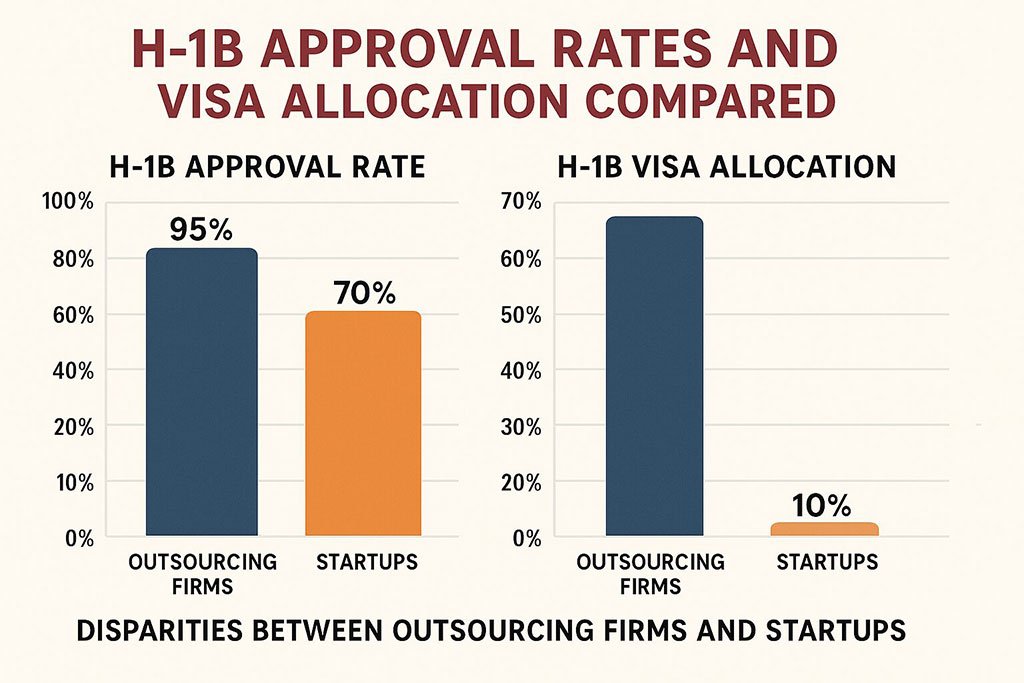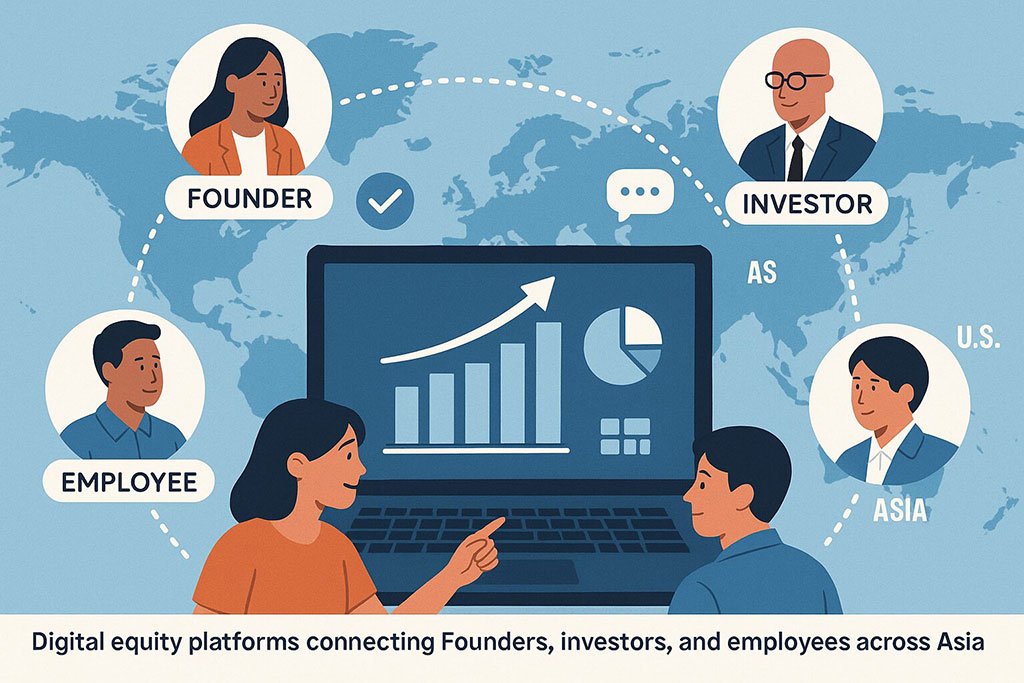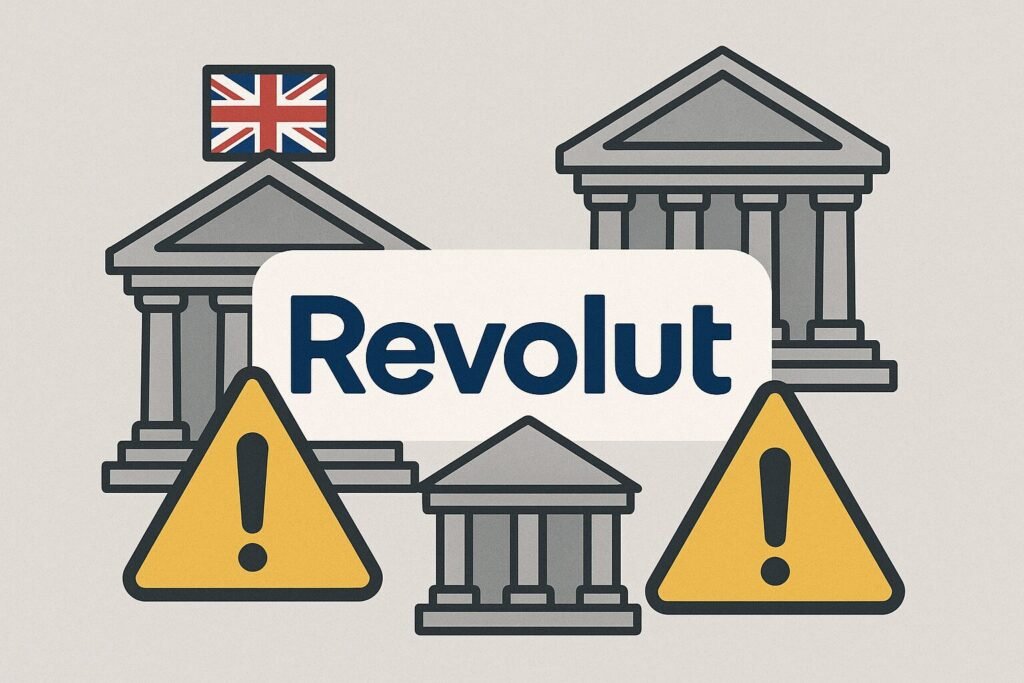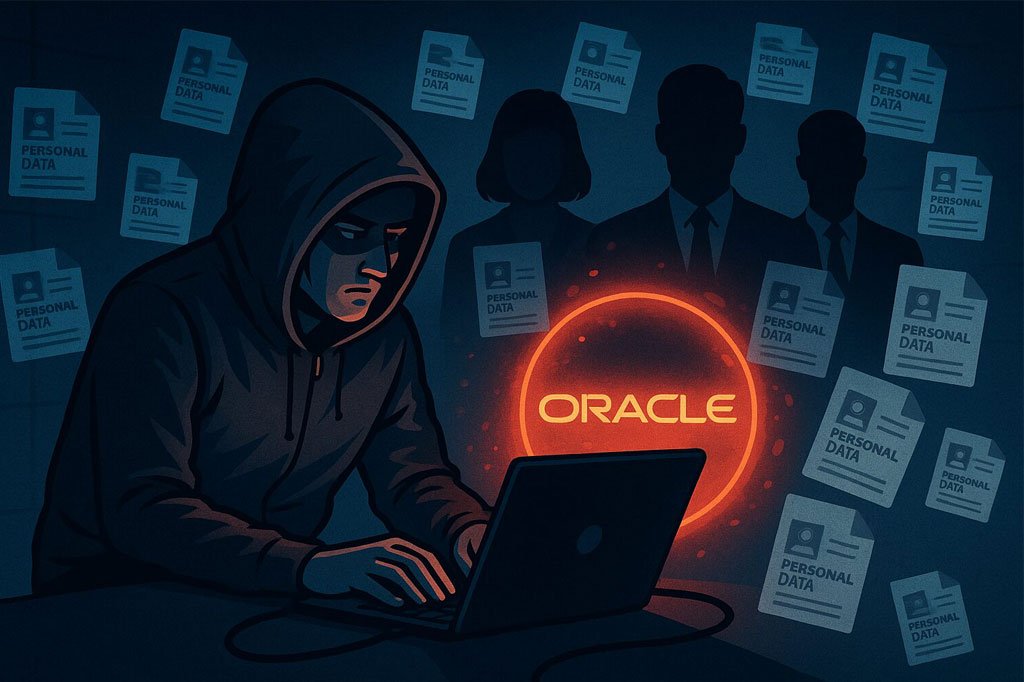Now Reading: Netskope and Rubrik: Rare Cybersecurity IPOs Backed by Lightspeed
-
01
Netskope and Rubrik: Rare Cybersecurity IPOs Backed by Lightspeed
Netskope and Rubrik: Rare Cybersecurity IPOs Backed by Lightspeed
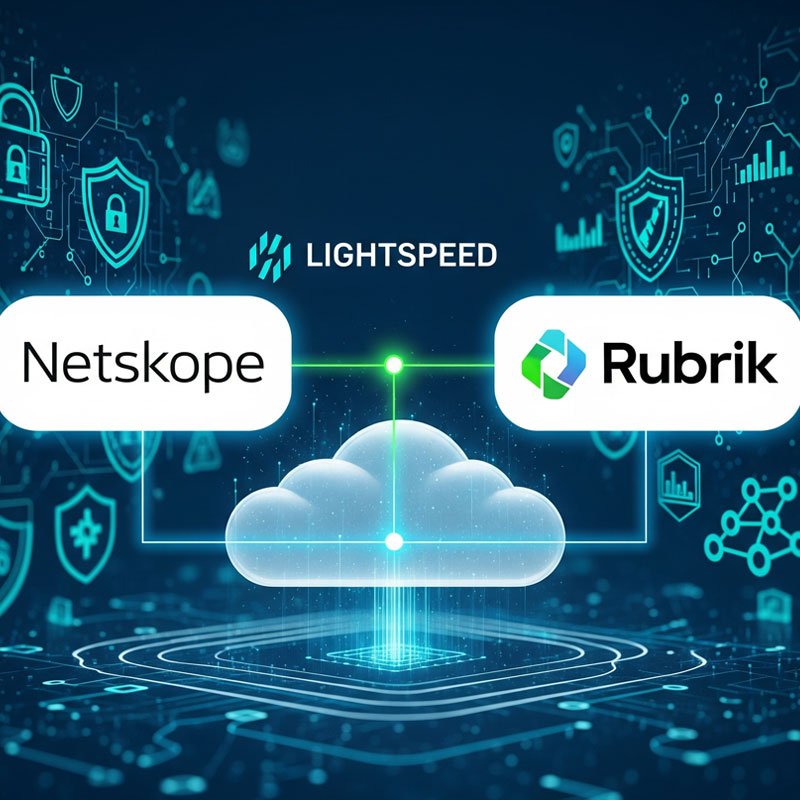
The Challenge of Cybersecurity IPOs
The world of cybersecurity IPOs is notoriously selective. Unlike consumer tech or SaaS startups, cybersecurity companies face a unique set of challenges that make going public an uphill battle. Over the past decade, only a handful of cybersecurity firms have successfully listed on the stock market. That makes Netskope’s recent IPO particularly significant—it places the company in an exclusive group alongside firms like Rubrik that investors are watching with keen interest.
What makes this development even more noteworthy is that both Netskope and Rubrik are backed by Lightspeed Venture Partners, one of the most respected and influential venture capital firms in Silicon Valley. Lightspeed isn’t just providing capital—they’re offering strategic guidance, industry connections, and credibility that can open doors to enterprise clients and global partnerships. Their involvement signals that cybersecurity is no longer seen as a niche defense solution but as a high-growth industry essential to the future of digital infrastructure.
This partnership also reflects the growing confidence investors have in cybersecurity’s role in solving complex, large-scale problems. From defending against ransomware attacks to securing cloud-based architectures, the stakes are higher than ever—and companies like Netskope and Rubrik are at the forefront of addressing these threats with advanced technology and innovative approaches.
Why Cybersecurity IPOs Are So Rare
Taking a cybersecurity company public is far from straightforward. Several factors contribute to the rarity of such IPOs:
High R&D Costs
Developing cutting-edge cybersecurity tools requires ongoing investment. Threats evolve daily, and hackers constantly search for new vulnerabilities. Staying ahead means hiring highly skilled engineers, running extensive testing protocols, and continuously updating products. These costs add up quickly, often draining cash reserves for years before profitability is within reach.
Complex Sales Cycles
Enterprise security isn’t bought like a consumer app. Large organizations require rigorous assessments, compliance checks, and pilot testing before they commit to integrating new security tools. Convincing decision-makers—often multiple stakeholders across IT, legal, and compliance departments—can take months or even years. The long sales cycles make revenue projections uncertain, which can be a concern for public investors.
Regulatory and Compliance Hurdles
Cybersecurity companies handle highly sensitive data. This means navigating strict data privacy laws, cross-border regulations, and audit requirements. One slip could result in fines, legal action, or reputational damage, making investors cautious about entering the space without proven governance protocols.
Because of these challenges, many cybersecurity startups choose to remain private longer, building market traction through acquisitions or partnerships rather than taking the public route.
The Lightspeed Advantage
Both Netskope and Rubrik share a significant competitive edge—Lightspeed’s backing. Lightspeed’s involvement goes far beyond financing:
-
Strategic Guidance: Lightspeed’s seasoned experts help startups refine their business models, identify market gaps, and prepare for IPO-level scrutiny.
-
Global Networking: Through Lightspeed’s network, companies gain introductions to enterprise clients, industry leaders, and potential partners across regions.
-
Enhanced Credibility: Having Lightspeed’s name attached to a company builds investor confidence and attracts further funding rounds, partnerships, and customer interest.
This mentorship helps cybersecurity startups craft scalable solutions, strengthen their product offerings, and strategically position themselves for long-term growth. It also reassures investors and customers alike that the company is equipped to face technical and regulatory challenges head-on.
What This Means for the Cybersecurity Market
Validation of Cybersecurity as a Growth Sector
Investors are increasingly viewing cybersecurity not just as a protective tool but as a booming, innovation-driven market. Solutions in cloud security, AI-powered threat detection, and data privacy are now seen as essential services for enterprises navigating the digital transformation.
Encouraging Bold Innovation
When companies like Netskope and Rubrik succeed, they inspire startups to push boundaries. Emerging cybersecurity firms are more likely to take risks, experiment with new technologies, and pursue breakthrough solutions knowing that successful IPOs are achievable.
Expanding Investment Opportunities
Public offerings by rare cybersecurity players signal that this space is ripe for further investment. Venture capitalists, private equity firms, and strategic partners are more willing to fund innovations in areas like endpoint protection, identity management, and AI-driven risk assessment.
Raising Market Awareness
Going public brings greater visibility. Media coverage, investor reports, and global attention shine a spotlight on the challenges cybersecurity addresses. This increased awareness helps companies expand their reach, attract talent, and scale faster across markets.
Challenges Still Ahead
Even with Lightspeed’s support and strong market positioning, Netskope and Rubrik face ongoing hurdles:
-
Differentiation in a Crowded Market: As cybersecurity grows, more players enter the field. Staying distinct requires innovative solutions and customer-centric offerings.
-
Global Scaling: Expanding into new regions brings challenges like compliance with regional laws, language barriers, and infrastructure differences.
-
Keeping Up with Threats: Cyber adversaries evolve rapidly, and products must constantly adapt to new vulnerabilities and attack methods.
Yet, these challenges are not deterrents but opportunities. With Lightspeed’s mentorship, advanced technology stacks, and market trust, both companies are well-positioned to lead the next generation of cybersecurity solutions.
Netskope and Rubrik’s IPOs are much more than business milestones—they are industry-defining events. In a field that has historically been cautious about going public, these companies are proving that cybersecurity is ready for mainstream investment and global expansion.
With Lightspeed’s strategic backing, they are not only setting new standards for product innovation and enterprise trust but also paving the way for future startups to thrive. As cyber threats grow more sophisticated, these rare IPOs represent a turning point—one that could transform how organizations protect their digital assets and approach security in the years ahead.







